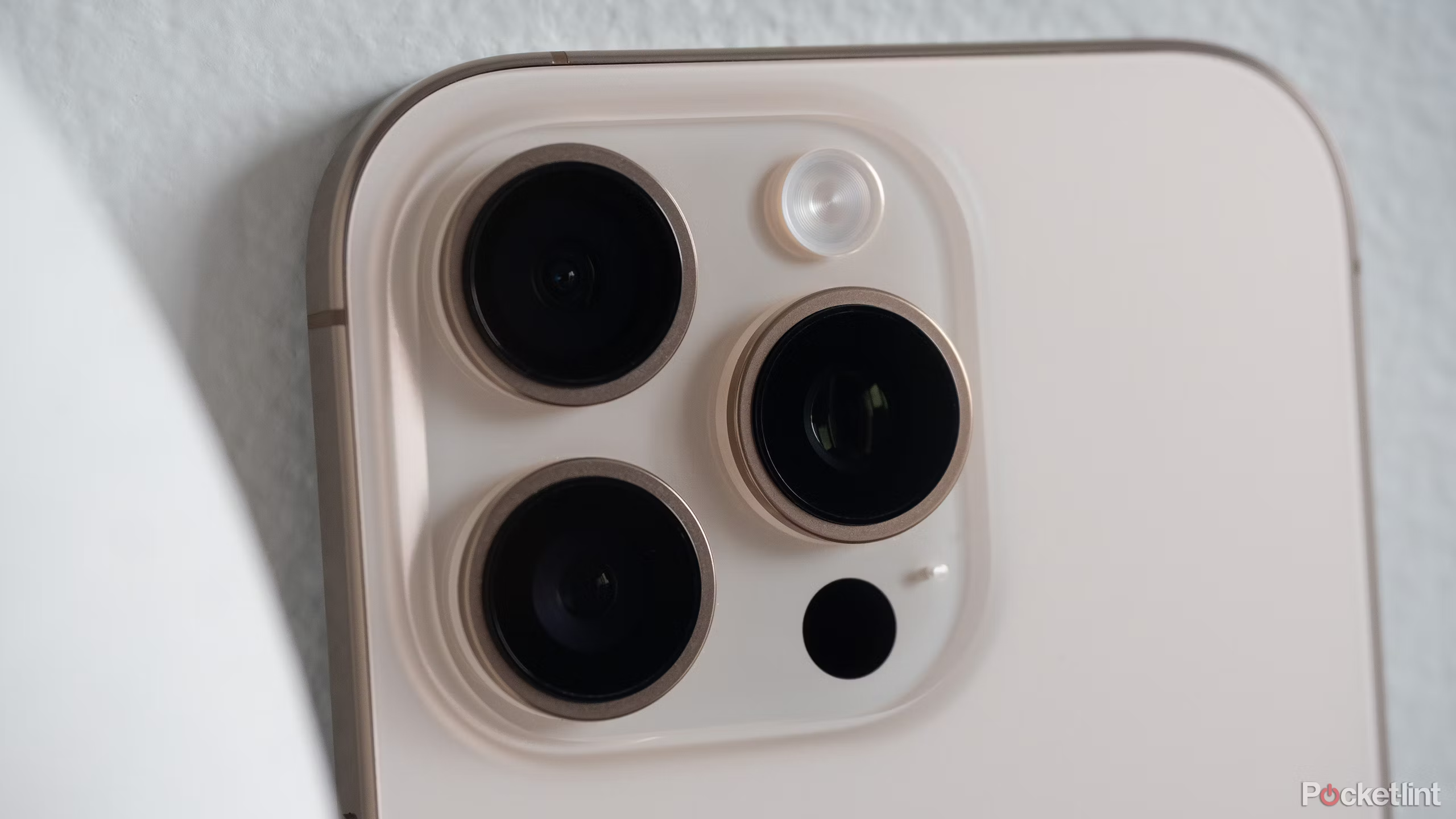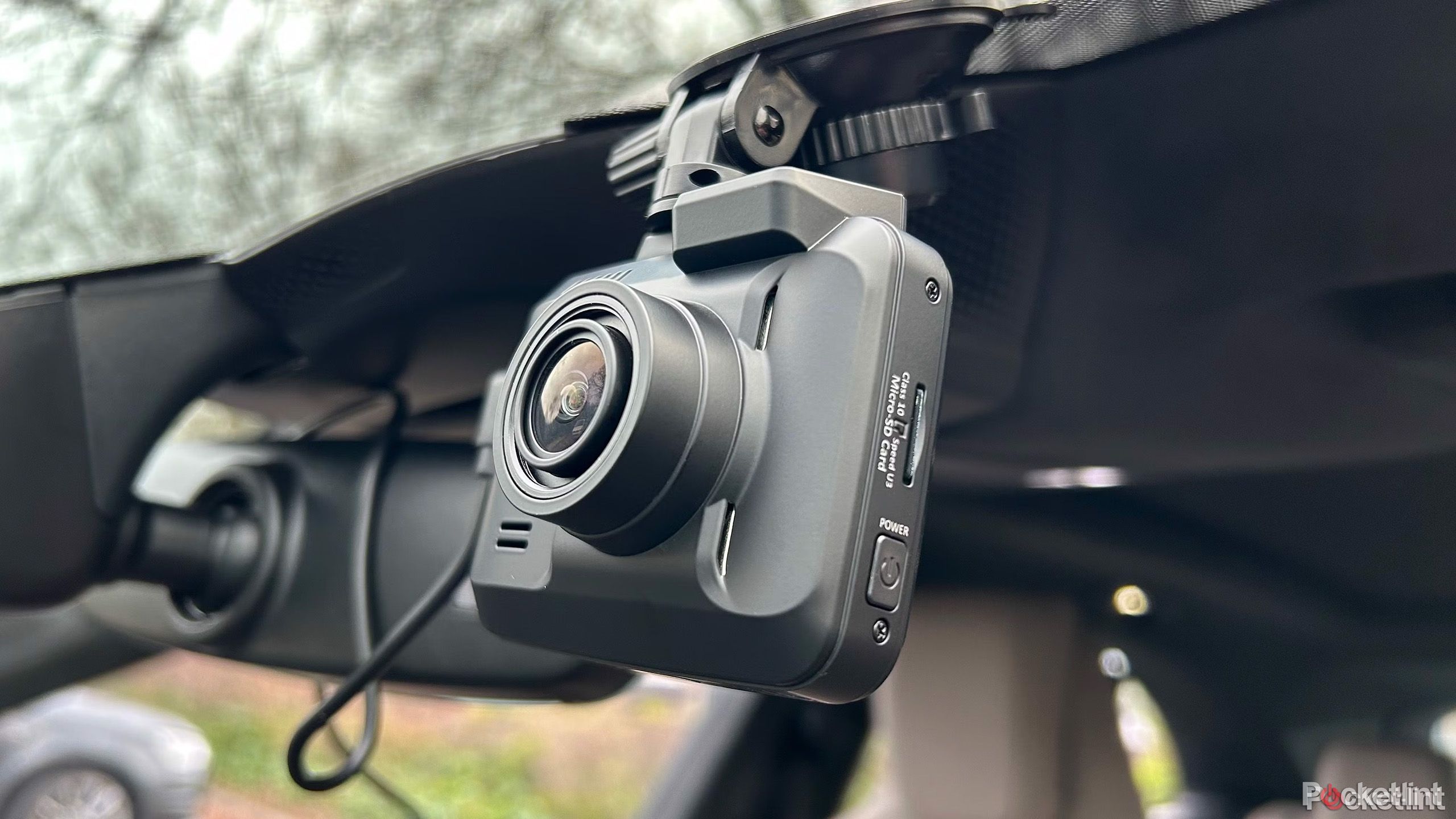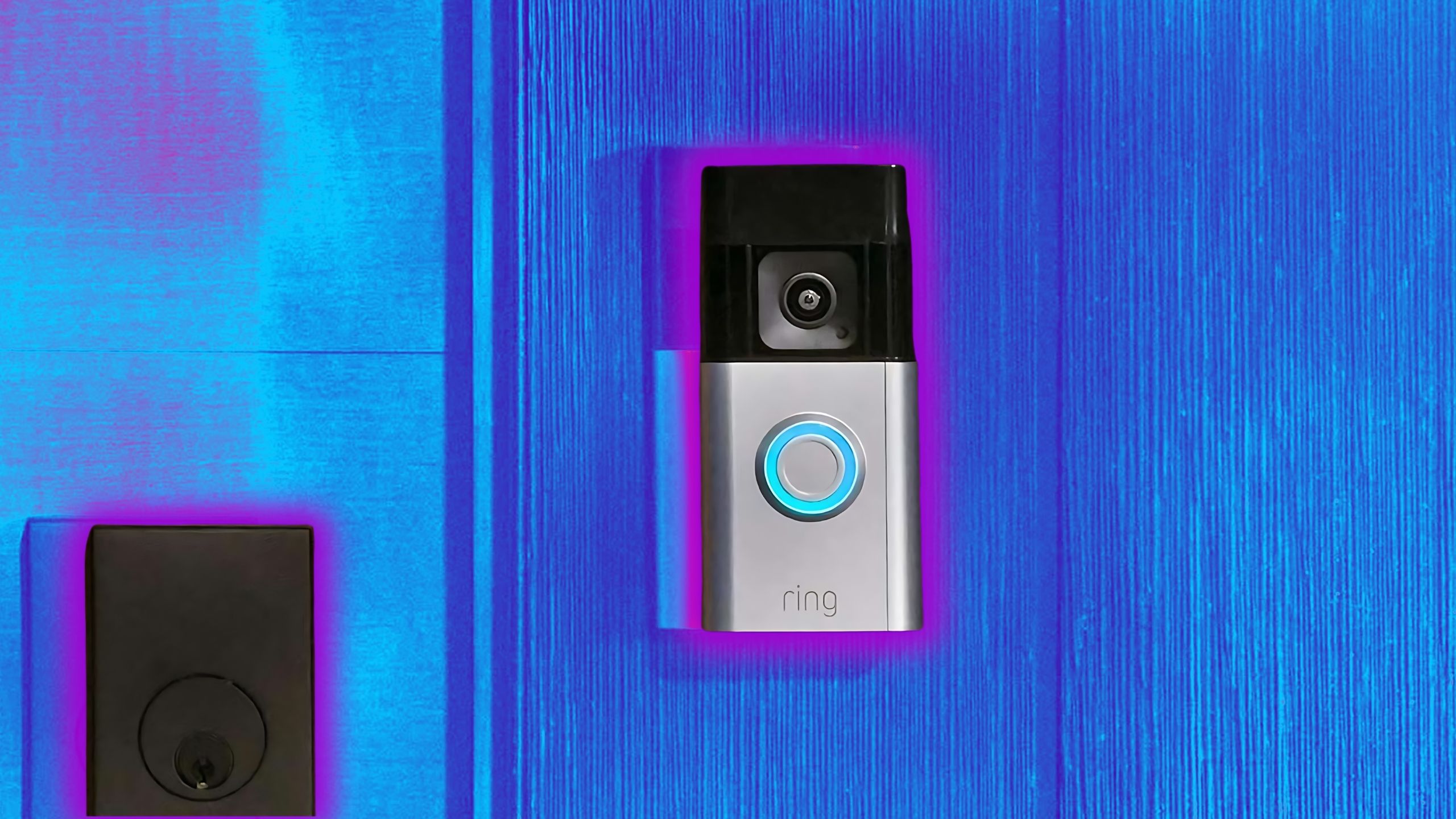Nvidia might be working on a PC handheld rival to Steam Deck – I just hope it won’t be another Nvidia Shield
[[{“value”:”
The success of Valve’s Steam Deck has started a wave of like-minded PC gaming handheld devices including the Lenovo Legion Go and Asus ROG Ally. And it seems that Nvidia wants a piece of the proverbial pie, if this latest rumor is to be trusted.
Nvidia is reportedly working on a PC gaming handheld of its own, according to YouTuber Moore’s Law Is Dead, with the claim that “Nvidia is getting serious about making more handheld gaming devices with their graphics IP (intellectual property) in them.” Not only does it make sense in general, as this market is a growing one that Nvidia would want to invest in early, but there’s another important reason for the tech giant’s alleged investment.
Each of these gaming handhelds has one thing in common, which is that they use AMD APUs to power them, with only Intel alternatives coming out later in 2024. This means there’s a huge deficit in the market for handhelds to feature Nvidia-based components; a deficit that Nvidia can take advantage of if it develops its own proper Steam Deck competitor.
Moore’s Law is Dead claims that though Nintendo will be using Nvidia silicon to power its Nintendo Switch 2, Nvidia is looking to expand beyond the console market with a PC-oriented portable system. The YouTuber also asserted: “I have heard that [Nvidia] may even partner with Intel to make a premium gaming handheld.” While this would circumvent the x86 roadblock, it would also require a proper heatsink since the CPU and GPU would be separate.
This isn’t Nvidia’s first rodeo
Seeing Nvidia’s interest in making its own PC gaming handheld is quite exciting, as having more competition in this growing market is always a net positive. However, this isn’t exactly Nvidia’s first foray into the gaming handheld market either.
The Nvidia Shield was both a portable gaming device as well as a streaming device. Or it was at least the former when it first launched. But over time, it failed to land in the portable gaming market due to strong competition from Nintendo’s own systems, as well as not really capturing the PC gaming market.
Eventually, it went on to become a 4K HDR streaming device that, while powerful in its own right with excellent upscaling tools and more, is also several times more expensive than its competitors like the Amazon Fire TV Stick 4K or Roku Streaming Stick+. And for the average user, pricing tends to be much more important than features.
This time around, Nvidia hopefully has a much better understanding of the market it’s getting into and could better use its tech to create a much more attractive and long-term device that can compete with the Steam Deck.
You might also like
Can I really ditch my work laptop for a Steam Deck?Steam Deck has made me sell my PC and move on from my PS VitaSteam Deck 2 could be way more powerful
“}]]




